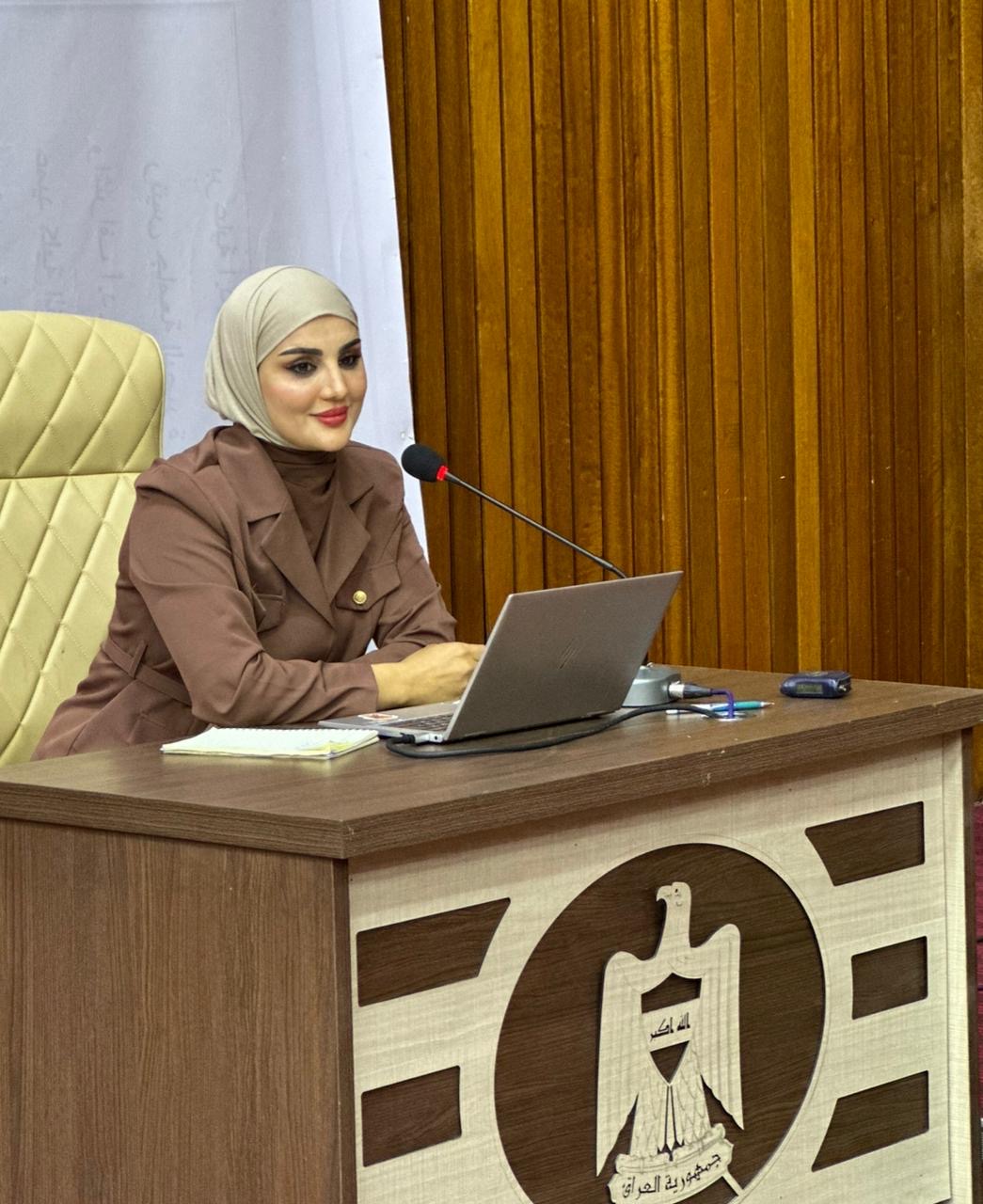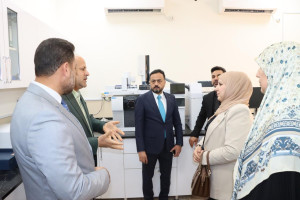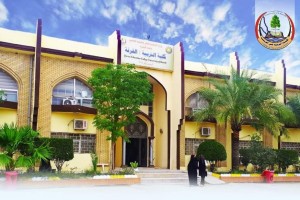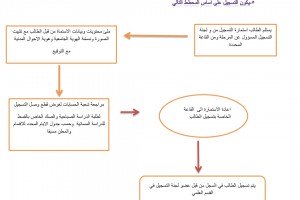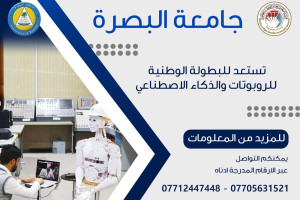
The College of Education in Qurna at the University of Basra held a seminar entitled:
“Evaluating the effectiveness of nanobodies produced by some types of honey against bacteria causing diabetic foot inflammation,”
Presented by graduate student Rasha Nazim Abdullah.
The episode covered the study of extracting and preparing nanobodies from different types of honey bee honey, and diagnosing them using advanced nanotechnologies, in addition to testing their biological effectiveness against a group of bacteria that cause diabetic foot inflammation, including:
Staphylococcus aureus, Escherichia coli, Proteus mirabilis, Streptococcus agalactiae, Enterococcus faecalis, Klebsiella spp.
The study also included comparing the effectiveness results of nanobodies with standard antibiotics, with the aim of evaluating their efficiency as natural antimicrobials.
The study aimed to find safe and effective therapeutic alternatives from natural sources to combat antibiotic-resistant bacteria, as well as to highlight the potential of honey in nanomedical applications.

